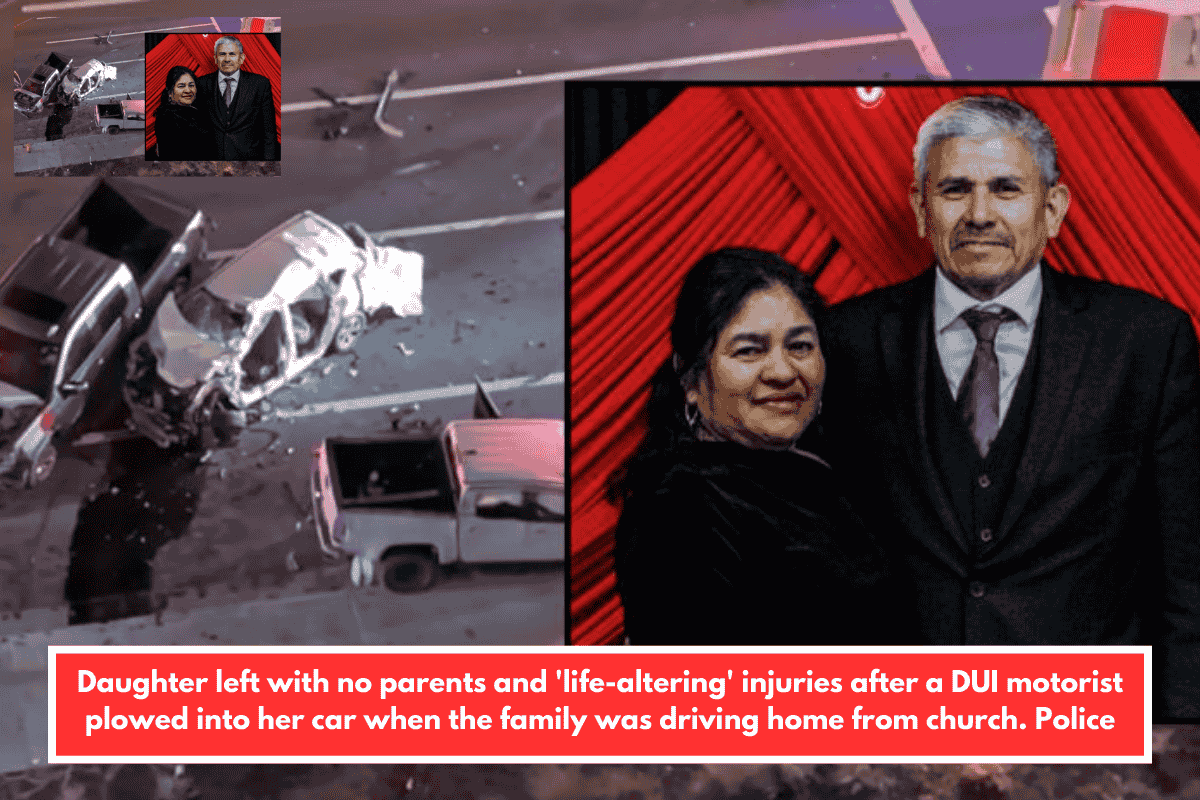Dumpster diving—searching through commercial or residential trash to find discarded but usable items—has become surprisingly popular. Whether it’s people looking for hidden treasures, non-perishable food, or resellable goods, the trend is growing, and social media is full of people documenting their “dives.” But what about the legal side, especially in Minnesota?
Let’s take a closer look at whether dumpster diving is illegal in Minnesota, the risks involved, and what you should keep in mind if you’re thinking about trying it.
Is Dumpster Diving Illegal in Minnesota?
Technically, no—dumpster diving is not illegal in Minnesota. There are no statewide laws banning the act of looking through trash. However, legal doesn’t always mean you’re in the clear. There are other rules and risks that can quickly turn your dive into a legal headache.
The Problem with Private Property
The biggest legal issue you can run into is dumpster diving on private property. This is a big red flag, and doing so can lead to serious trouble. Here’s why:
- Trespassing: If a dumpster is on private land—behind a store, near a mall, or in a residential area—entering that space without permission can get you charged with trespassing.
- Stealing: Even though items in the trash are being thrown out, they may still be considered the property of the owner until officially collected or discarded. Taking items without permission could be considered theft.
So, even if you’re just grabbing a few candles or a broken picture frame, it could be a legal issue if you’re on private property.
What About Businesses Like Malls or Grocery Stores?
If you’re thinking about diving behind a mall, grocery store, or restaurant, you need to be very cautious.
- If there are “No Trespassing” signs, do not enter the area, even if the dumpster is tempting.
- If the dumpster is in a fenced or gated area, that’s another clear sign it’s private and off-limits.
- Even if there’s no signage, some cities have ordinances that may still prohibit dumpster diving, or local police may choose to enforce trespassing rules.
In other words, just because a dumpster looks accessible doesn’t mean it’s legal to dive in.
What Are the Best Places to Dumpster Dive?
According to ecofriendlyfact.com, if you’re set on diving, some of the best (and potentially safer) places include:
- Retail stores
- Cosmetic stores
- Grocery stores (non-perishables only—never take expired or unsafe food!)
- Construction sites (always ask permission and avoid active work zones)
- Video or game stores
Each location may have different rules, so always scout the area first, check for signage, and avoid closed-off spaces.
Best Practices for Dumpster Diving
If you’re going to do it, do it right—and respectfully:
- Avoid making a mess. Always leave the area the way you found it. Businesses may tolerate quiet divers, but making a mess guarantees complaints.
- Go during quiet hours. Early mornings or late at night are when trash is usually taken out and when you’re less likely to attract attention.
- Be polite and respectful. If confronted by a business owner, police, or security, stay calm and respectful.
- Don’t damage property. Forcing open locks, cutting fences, or prying open lids is illegal and could get you arrested.
Dumpster diving in Minnesota is not outright illegal, but the moment you step onto private property or ignore posted warnings, you may find yourself facing fines or legal charges for trespassing or theft. City ordinances vary, and enforcement can differ from one town to the next.














